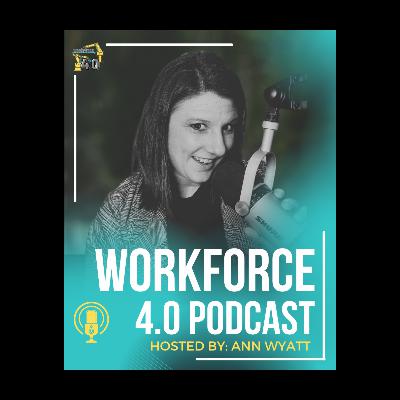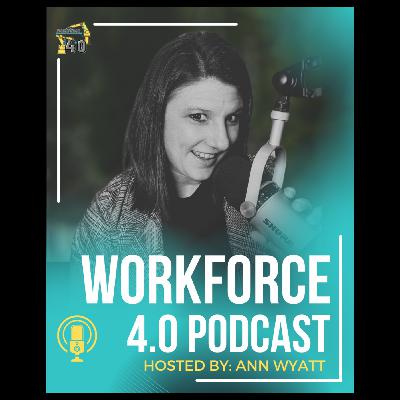In this episode of Workforce 4.0, Ann Wyatt interviews Hendrik Stoltz, CEO of Automated Industrial Robotics (or AIR). They discuss Hendrik's journey from South Africa to the USA, his experiences in the robotics industry, and the importance of cultural transformation within organizations. The conversation delves into the challenges of acquisitions, the significance of employee retention, and the future of work with technology integration. Hendrik emphasizes the need for emotional intelligence in leadership and offers advice for the next generation of professionals. Join us for this week's conversation packed with tips on how people are the center of your business and how acquisitions can integrate products and people- seamlessly.In This Episode:-00:00: Introduction to Workforce 4.0-00:30: Welcoming Hendrik Stoltz of AIR on Workforce 4.0-03:10: Hendrik's Journey and Experience in Robotics-05:58: Cultural Transformation and Team Development-08:53: Acquisitions and Integrations in Business-11:41: Employee Value Proposition and Retention-14:24: Future of Work and Technology Integration-17:07: Leadership and Emotional Intelligence-19:58: Advice for the Next Generation-22:41:Final Thoughts and Networking Opportunities-33:28: Workforce 4.0 OutroMore About Hendrik:Hendrik Stoltz is a globally experienced business leader in advanced automation, packaging, and industrial technology, with over 25 years of executive leadership across North America, Europe, Africa, and Asia. As President of Automated Industrial Robotics (AIR)—an Ares Management portfolio company—he has led transformational restructuring, diversification, and value-creation initiatives, driving operational excellence and sustainable growth. Hendrik’s career spans leadership roles in multinational firms such as Elopak, where he oversaw global capital equipment operations across multiple continents, and Totally Automated Systems (TA Systems), where he integrated engineering innovation with digital performance management. Renowned for his people-centered, coaching-based leadership, he builds resilient, high-performing teams and cultures that thrive on accountability, innovation, and collaboration. With a foundation in mechanical engineering and multiple patents to his name, Hendrik combines deep technical expertise with strategic insight—applying state-of-the-art automation and data-driven technologies to improve efficiency, scalability, and competitiveness in complex global manufacturing environments. To learn more about Hendrik, connect with him here.








